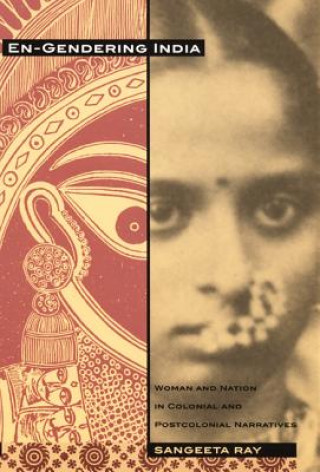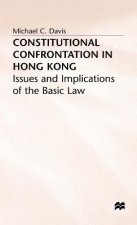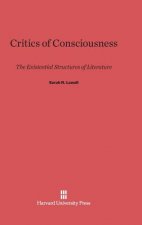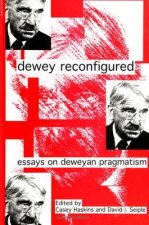
Dostawa
Doradca ds. zakupów
16 114 833 książek w 175 językach







Pokaż wszystkie języki (175)





Jednak się nie przyda? Nic nie szkodzi! U nas możesz zwrócić towar do 30 dni
 Bon prezentowy
O dowolnej wartości
Bon prezentowy
O dowolnej wartości
Bon prezentowy to zawsze dobry pomysł. Obdarowany może za bon prezentowy wybrać cokolwiek z naszej oferty.
En-Gendering India
 Angielski
Angielski
 73 b
73 b
30 dni na zwrot towaru
Mogłoby Cię także zainteresować


"En-Gendering India" offers an innovative interpretation of the role that gender played in defining the Indian state during both the colonial and postcolonial eras. Focusing on both British and Indian literary texts - primarily novels - produced between 1857 and 1947, Sangeeta Ray examines representations of 'native' Indian women and shows how these representations were deployed to advance notions of Indian self-rule as well as to defend British imperialism. Through her readings of works by writers including Bankimchandra Chatterjee, Rabindranath Tagore, Harriet Martineau, Flora Annie Steel, Anita Desai, and Bapsi Sidhaa, Ray demonstrates that Indian women were presented as upper class and Hindu, an idealisation that paradoxically served the needs of both colonial and nationalist discourses. The Indian nation's goal of self-rule was expected to enable women's full participation in private and public life. On the other hand, British colonial officials rendered themselves the protectors of passive Indian women against their savage' male countrymen. Ray shows how the native woman thus became a symbol for both an incipient Indian nation and a fading British Empire. In addition, she reveals how the figure of the upper-class Hindu woman created divisions with the nationalist movement itself by underscoring caste, communal, and religious differences within the newly emerging state. As such, Ray's study has important implications for discussions about nationalism, particularly those that address the concepts of identity and nationalism. Building on recent scholarship in feminism and postcolonial studies, "En-Gendering India" will be of interest to scholars in those fields as well as to specialists in nationalism and nation-building and in Victorian, colonial, and postcolonial literature and culture.
Informacje o książce
 Angielski
Angielski
Kategoria




 Jak kupować
Jak kupować



















